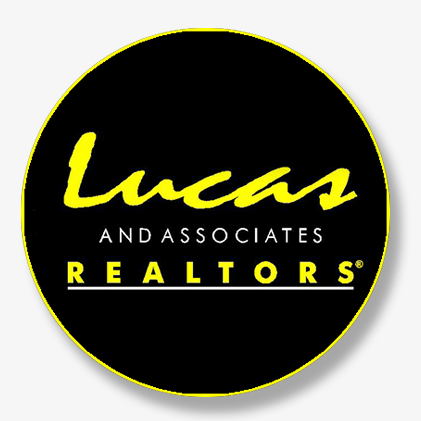
When most of us come across the phrase “lighting,” we automatically go to standard lighting fixtures seen in hardware stores or swanky floor lamps featured in chic living room showcases. Those lighting styles are so well-designed, we may even consider using those designs in our homes after inspiration hits. But don’t reach for the first set of light products you find just yet.
Without the lighting basics, there’s a chance you could run into issues like over accenting a passive area of your home, or worse, leave your home without sufficient illumination.
While cautionary tales are great for reminding us to diversify our fixture selections, the question still stands: What are the different types of lighting, and how can they improve your home?
Here are a few key basics to help give you a quick understanding of the types of fixtures and, possibly, provide a few inspiration tips, regardless of your style:
1. Accent lighting
Accent lights typically point out items or areas of your home that you want to accentuate and bring more attention to. These lighting fixtures may present as small spotlights around the crown molding or ceiling of your home, floor lamps with angled beams or anything in between. You can even incorporate them as part of your home’s decor.
The key takeaway for accents is a focused beam to bring interest to a designated area or feature, like an architectural detail set or decor within the home. Be sure to choose a design that fits within your home’s decor to keep the light itself from becoming the accent.
2. Ambient lighting
Just about everyone has been involved with ambient lighting, or “general lighting,” in one fashion or another. These light fixtures may show up as a ceiling light that illuminates a whole room, wall light fixtures that provide exceptional illumination coverage or even a floor lamp with an excess of brightness.
You want to have a comfortable level of lumens, or the unit used to measure light transmitted on a visible spectrum, when dealing with ambient fixtures. You may even use ambient light to set a tone for a room, such as a game area or dining room.
3. Decorative lighting
These light fixtures are favorites among those who want to use their home as a showcase for their personalities and styles. These items may include chandeliers, groovy lamps in living rooms or any form of design style integrated into home spaces. This type of light fixture can come in a slew of common styles and designs found in stores or on your favorite store site.
Decorative lights may also include reclaimed wall sconces, stylized gift lights made from sea glass or any other type of inspiration available.
Decorative lights don’t need to be excessively bright, as their design tends to feature lower watt bulbs, so you and yours can enjoy them without harming your eyes and with savings in mind.
4. Task lighting
Task lighting typically has a higher set of lumens than the other types of lighting. These overhead lights hover over a designated to brighten the activity, or task, being completed in a specific area.
Task lighting fixtures come in a wide range of different designs and can be tailored to fit into whatever room you may need them in.
Examples of task lighting include overhead range lights for cooking and food prep, small lights for dealing with small home improvement products, such as nails and screws, reading or any other type of activity that requires focused illumination.
Now that you have the basics, feel free to explore the world of versatile lighting. If you’d like to experience these lighting favorites, try heading to a home improvement store or local department store. Their customer service team should be able to help you find the lighting you need or help with any questions you may have.

If you’d rather start your illumination journey at home, where you can make comparisons, try using a website that specializes in fixtures. Many retail stores in the United States have a website of their own or a website partnered with their customer service teams. All you typically need is an email address and a list of questions, and they’ll send the tips to your inbox.
About the Author

Lucas and Associates REALTORS Inc.
Whether you're in the research phase at the beginning of your real estate search or you know exactly what you're looking for, you'll benefit from having a real estate professional by your side. We would be honored to put my real estate experience to work for you.
